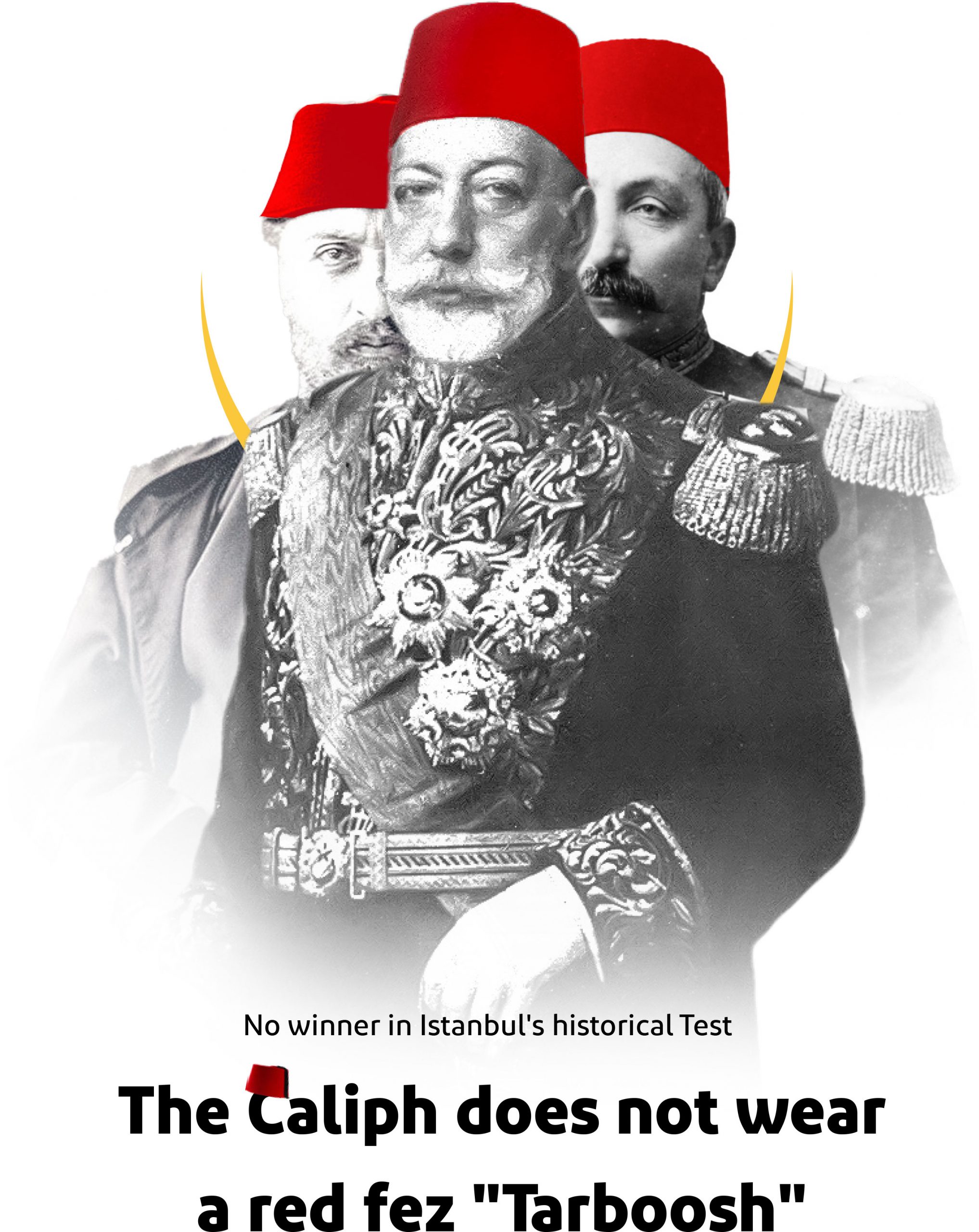
“They stole the Caliphate”
and their hands were not cut off from the opposite side!
Many late historians became increasingly lenient with the emergence of the Ottoman Empire regarding the history of the title of the Caliphate and its transfer to the era of modern history, including neglecting the terms of the Caliphate and not checking their availability in the political application of this Islamic position. Thus, they manipulated the title and granted it to someone who did not deserve it, its legal concept, and it was emptied of its true meaning that it was created upon its appearance in the first Islamic state. The title of the Caliphate became subject to the convictions of the Sultans of the Turanian state and their whims. They use it when they saw the importance of being called the Caliphs. When the sultan was indifferent to it, it had no effect during his reign. Some of them were even dubbed the Sultan and the Caliph at the same time, to use whatever he wanted according to the requirements of the state and the situation. All this was to preserve his prestige in history and before the world, and lie to them as well. This has created confusion among historians in the overlap between the title of Sultan and Caliph. Historians have conflicted choices for them, so you see the same historian one time calling them caliphs and another time calling them sultans
In the Ottoman Empire, the "Caliphate" was subject to the whims of the sultans by seducing and intimidating historians.

Forcing to recuse, not to abdicate:
A dream like a nightmare:
Ali bin Abi Talib did not hand over the Caliphate to "Salim" except as a Turanian dream.

A return to Caliphate conditions:
Contemporary sources are the most truthful:
The Islamic University was a bridge to the title "Caliph".



Kidnapped the Khalifa and Al-Khalifa
Salim the first”: he truste
the devil and killed the deceased
AlMotawakel Alah Allah
Hulagu khan killed one million Iraqis . His grandson killed the entire Islamic caliphate.

Al-Jabarti: Boxes of intoxicants accompani ed the Caliph’s Soldiers
References:
Abd Al-Rahman Al-Jabarti (1998), Ajaib Al-Athar Fi LTarajim Wa-L-Akhbar, (Dar E Kotob Egyptian Press).
References:
Abd Al-Rahman Al-Jabarti (1998), Ajaib Al-Athar Fi LTarajim Wa-L-Akhbar, (Dar E Kotob Egyptian Press).
Mamalik was more honorable than Uighur in protecting the Islamic caliphate


It Had Commenced Full-fledged ... then Ended as a Mock and Sardonic
“Caliphate”
whose are not Caliphs
Caliphate has two dimensions: Religious and Secular; should they have been met, it would take place. However, if such dimensions have been split, it would be demolished.

Definition of Caliphate:
Legitimately, the Caliphate (Arabic:خِلافَة ِkhil fah) is known as the government that achieves the policy and management of the group in accordance with Islamic law and the application of the provisions of Islam. Therefore, Amani Saleh has referred to Al-Mawardi definition regarding the Caliphate concept as the succession of prophecy in guarding religion and managing the world policy. In the same context, Ibn Khaldun has defined Caliphate as it is the succession of the Shar’a holder in guarding religion, managing the world policy, and obliging all to apply Shara’ in their otherworldly and worldly interests. Amani Saleh has considered that ibn Khaldun’s concept was wiser and more controlled.
The Caliphate in Sunnis and Shiites:
Between Arabs and Persians, its conception is governed by denominational differences.

Transforming to The Government:

Official petition:
Abdul-Hamid II seeks to legally get the concept of caliphate, but he fails to do so.

Sacredness Acquisition:
Getting rid of Quraysh dynasty
The solutions of Khadija Asfia lets others fall into political hypocrisy

An idiot sharing
Mahmoud II ( the idiot) offers the padishah of Iran to share the title of caliph with him


